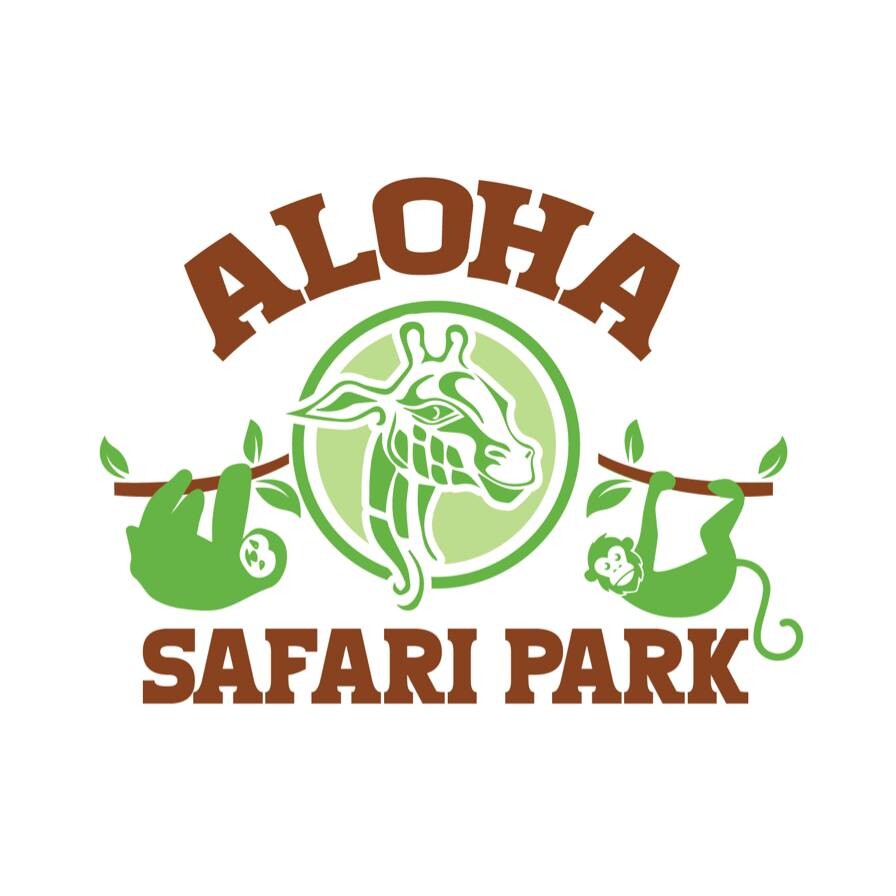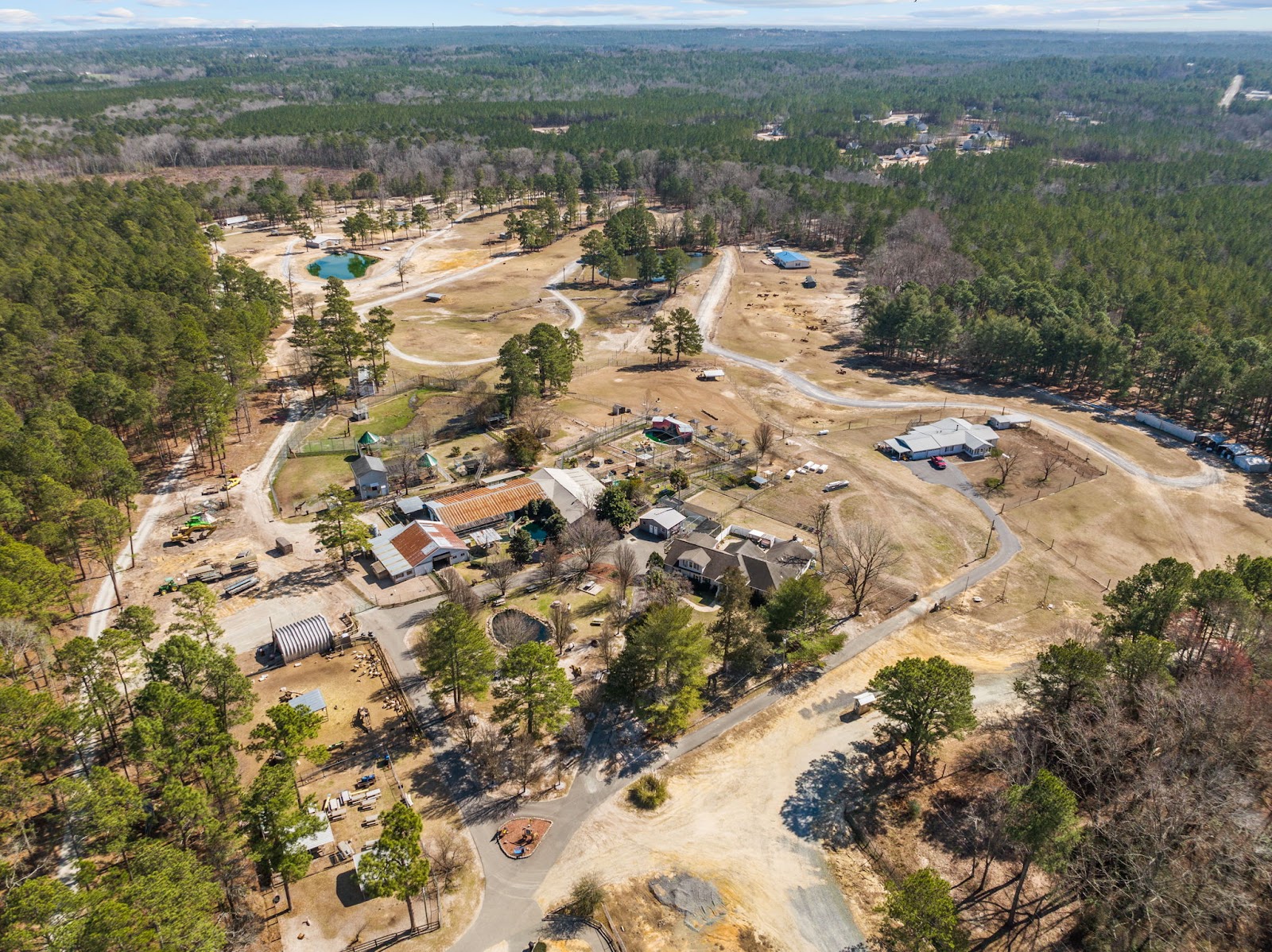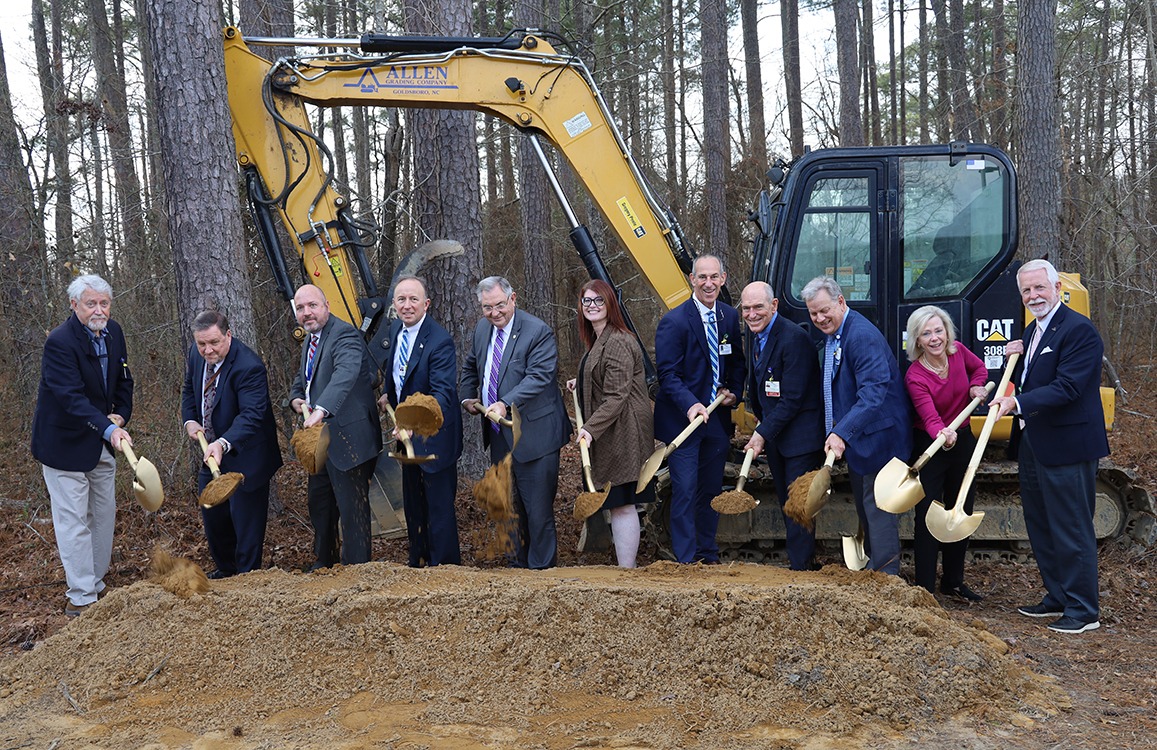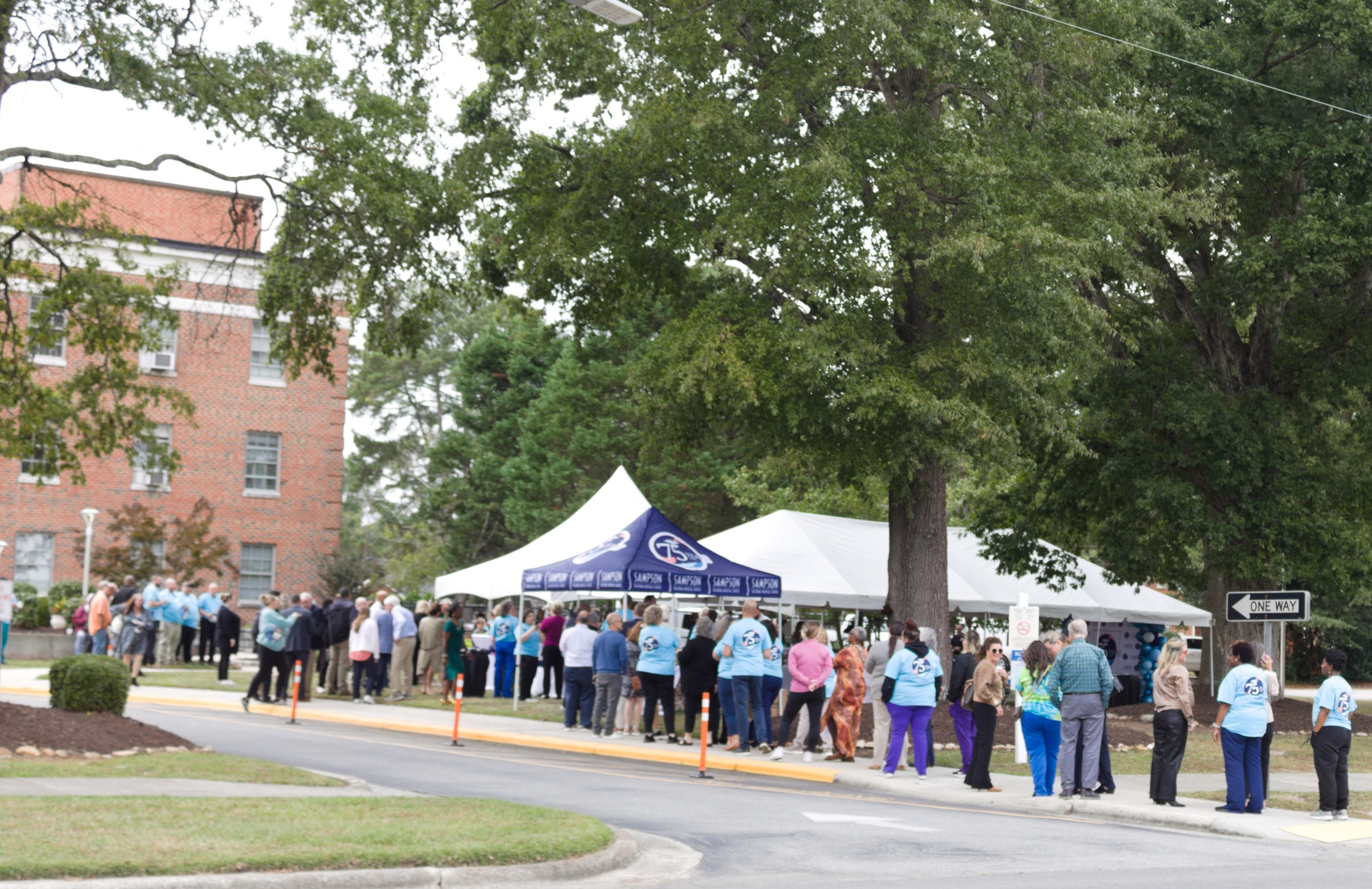
Popular family attraction and animal rehabilitation center Aloha Safari Park is now for sale through National Land Realty.
Recognized as one of the largest privately owned and operated zoos in North Carolina, the combined property, operating business, inventory and diverse array of animals are being offered for $5 million.
The property spreads over more than 60 acres and is home to over 300 unique animal species. This zoo is celebrated for providing the most hands-on zoo experience in the U.S., offering an unparalleled opportunity for engagement and education. Learn more from GFBJ’s Past coverage of the park and its mission here.
Located in Harnett County and conveniently near Fayetteville off NC-87, Aloha Safari Park not only offers multiple revenue streams through admission fees, animal feed cup sales, a gift shop, concessions and special events, but also stands out for its climate-controlled hands-on safari encounters with animals like monkeys, sloths, lemurs, kangaroos and kinkajous.
According to the listing, improvements to the property include residence areas for zookeepers, owners and staff. A buyer will need to obtain/qualify for a Class C- Exhibitor APHIS permit to continue its operation as a zoo Additional information can be found in the full listing here and more information will be provided to qualified buyers upon request.

Editor’s Note: This is a developing story, the GFBJ has reached out to Aloha Safari Park for further comment.

All smiles on graduation day! (From left to right: Back row: Col. Donald Kimbler, Cadet John Lopes, Cadet Priscilla Wright, Cadet Jakob Feaster, Maj. Cameron Player, Col. Guy St. Louis; Middle row: Capt. Carmen Williams, Cadet Nyah Marzan, Cadet Madi

CFVH celebrated the groundbreaking for their new adolescent inpatient psychiatric unit in Lillington on Jan. 31. The facility is estimated to be completed by December of this year and is located on the campus of Central Harnett Hospital at 215 Bright

The 75th Anniversary Celebration featured remarks from hospital and community leaders, as well as historical displays showcasing the hospital’s journey. Photos by GFBJ.On Friday, Oct. 10, Sampson Regional Medical Center celebrated 75 years of s